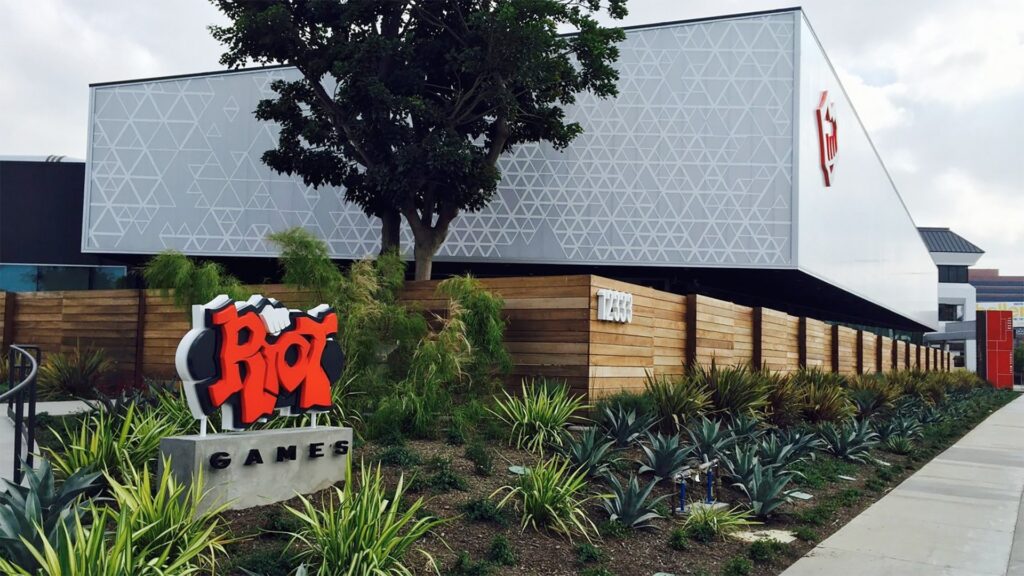
Last week, a California judge approved a settlement in the gender discrimination case involving League of Legends developer Riot Games. According to the ruling, and as reported by Axios, $100 million will be distributed among the more than 1,000 women whosued the studio in 2018.
The settlement is the result of a toxic workplace characterized by “bro culture,” sexism, harassment, and descrimination, allegations that were published in a Kotaku exposé in August of 2018. In the intervening years, Riot has made manypublic-facing moves to repair its reputation, including hiring a chief diversity officer, bringing in independent consultants to audit the company culture, and briefly suspending COO Scott Gelb.
A year after the report was published, Riot workers were somewhat divided on the company’s efforts to address the issues. While some major steps were taken, other moves belied a more financially-motivated mindset from the leadership. For example, in May of 2019, Riot attempted to force its employees into private arbitration.
Originally, in December of 2019, Riot settled with the plaintiffs for $10 million, but California’s Department of Fair Employment and Housing (DFEH) intervened. Following an investigation, the department found that employees may be entitled to upwards of $400 million, making the $10 million sum appear paltry by comparison.
The approval $100 million settlement may not be the $400 million the DFEH–which has applied to change its name to the Civil Rights Department–noted in 2020, but it’s still a landmark legal case with far-reaching implications for the larger games industry; harassment and discrimination are sadly rampant in the sector, and settlements of this size are disproportionately rare.
For business attorney Richard Hoeg of Hoeg Law in Michigan, the approved settlement is a sign that we could be nearing the end of this four-year saga.
“In general, the approval process is the Court’s way of making sure that the final proposal is ‘fair,’” Hoeg told GameDaily. “It’s an equitable kind of concept so in addition to meeting whatever procedural guardrails are required in terms of affidavits, filings, and the like, overall the judge is doing an analysis to make sure that the proposed deal seems warranted given what is otherwise being attested to.”
In terms of the legal ramifications, Hoeg said that this case illustrates the willingness of state departments to step into cases on behalf of classes it deems are in need of support. While this doesn’t necessarily impact any ongoing litigation–such as the various suits leveled at Activision Blizzard–it could very well cause a company to think twice about the working culture it is trying to achieve.
Sam, the Editor-in-Chief of GameDaily.biz, is a former freelance game reporter. He's been seen at IGN, PCGamesN, PCGamer, Unwinnable, and many more. When not writing about games, he is most likely taking care of his two dogs or pretending to know a lot about artisan coffee. Get in touch with Sam by emailing him at sdesatoff@rektglobal.com or follow him on Twitter.
 GameDaily.biz © 2026 | All Rights Reserved.
GameDaily.biz © 2026 | All Rights Reserved.